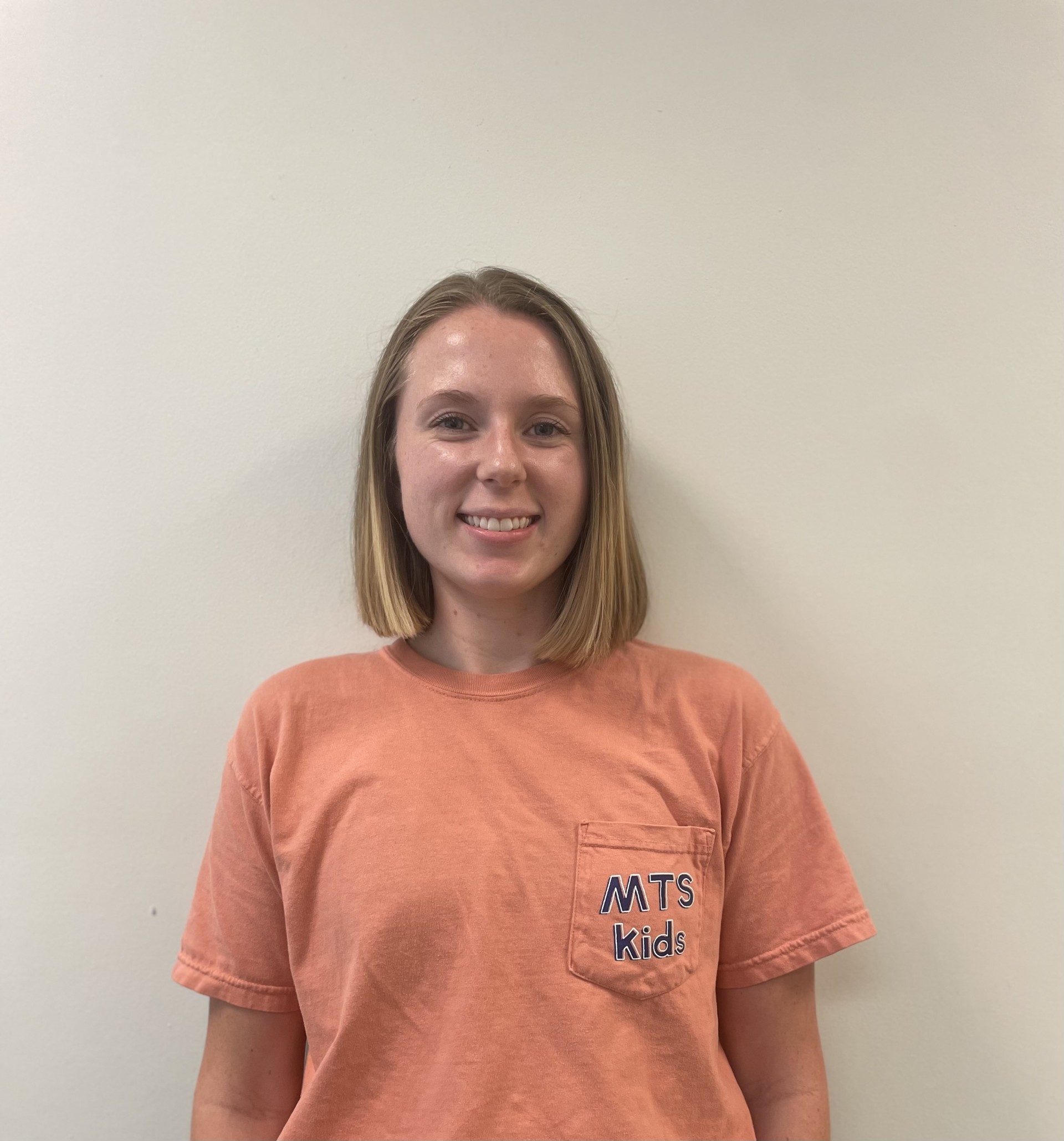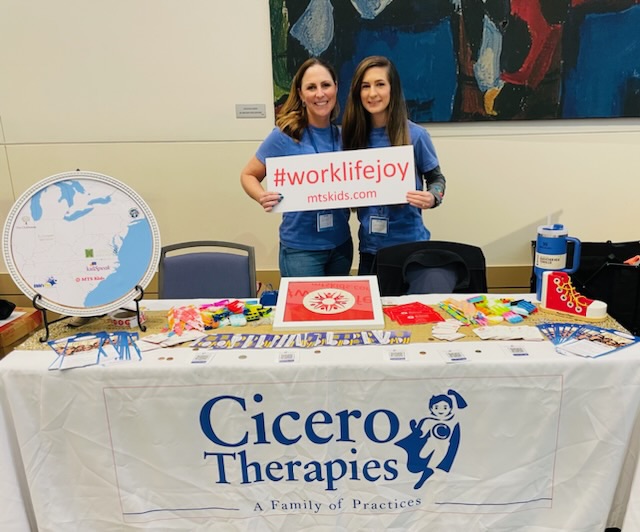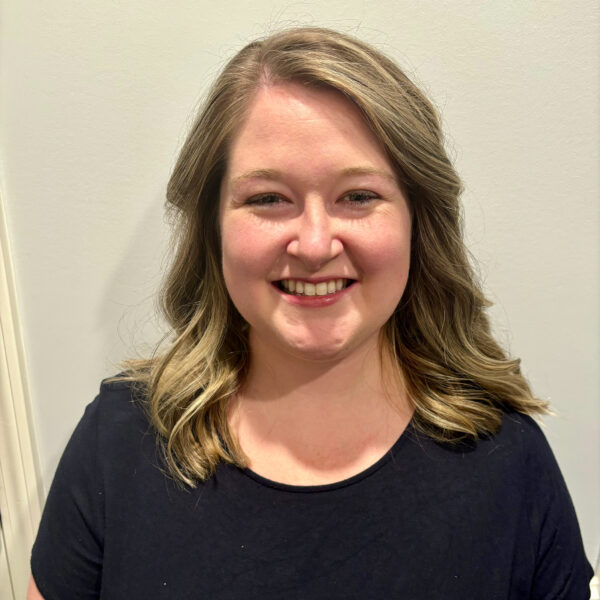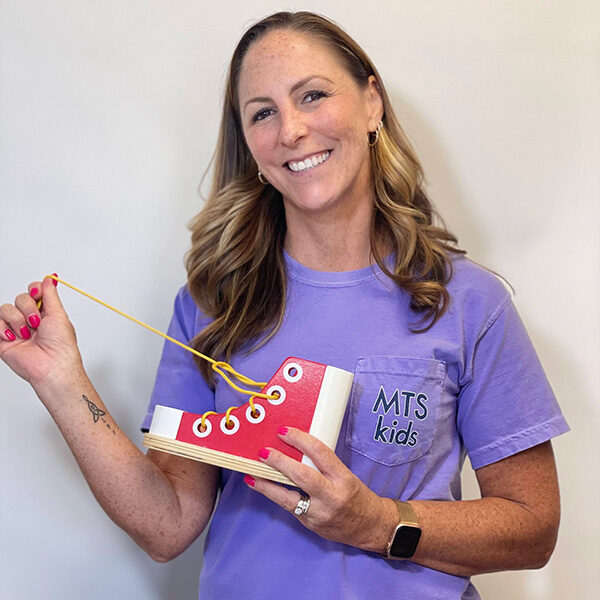“Mama, want lello tup pease (yellow cup please)!”
We’ve all heard it — a child’s adorable inability to correctly pronounce their words. “Aww, how cute!” we think to ourselves. And yes, a child’s early speech flaws are often sweet and adorable, but at what point should you be concerned?
Do you find yourself asking questions like these?
-
Why can’t my child say his/her sounds or words correctly?
-
I’m usually unsure of what my child is asking for. What should I do?
-
I usually know what my child wants/needs, but why can’t others understand him/her?
-
Is it difficult to understand my child simply because they’re still so little?
-
What are the red flags I should be looking for in my child’s speech?
While a child develops correct speech sounds over time and won’t necessarily have them all correct from the start, there are particular sounds they should be able to produce by certain ages. Here are the Basic Milestones for Speech Sound Development:
3 – 3.5 years of age:
-
/p/: as in pop
-
/m/: as in mom
-
/h/: as in hot
-
/w/: as in wow
-
/b/: as in ball
-
/d/: as in dog
-
/t/: as in top
-
/n/: as in no
-
/k/: as in cat
-
/g/: as in go
-
/f/: as in fun
4 – 5 years of age:
-
“y”: as in yes
-
Blends (st, pl, gr, etc.): as in stop or please
6 – 7 years of age:
-
/l/: as in lion
-
“sh”: as in shoe
-
“ch”: as in chair
-
“j”: as in
-
Voiced “th”: as in that
-
Voiceless “th”: as in thumb
7 – 8 years of age:
-
/r/: as in run
-
/s/: as in sun
-
/z/: as in zoo
-
“zh”: as in measure
-
“ng” (-ing): as in jumping
While cute in the early years, a difficulty with accurate speech sound production can become concerning, especially as a child ages, due to an increased potential to negatively impact a child’s ability to communicate basic wants and needs.
If it is difficult for you or others to understand your child’s speech, or if you have concerns with your child’s speech sound development, a speech and language evaluation is recommended. A Speech Language Pathologist can create specific activities and/or strategies that will help your child practice their targeted sounds and grow in their ability to better communicate with others.

